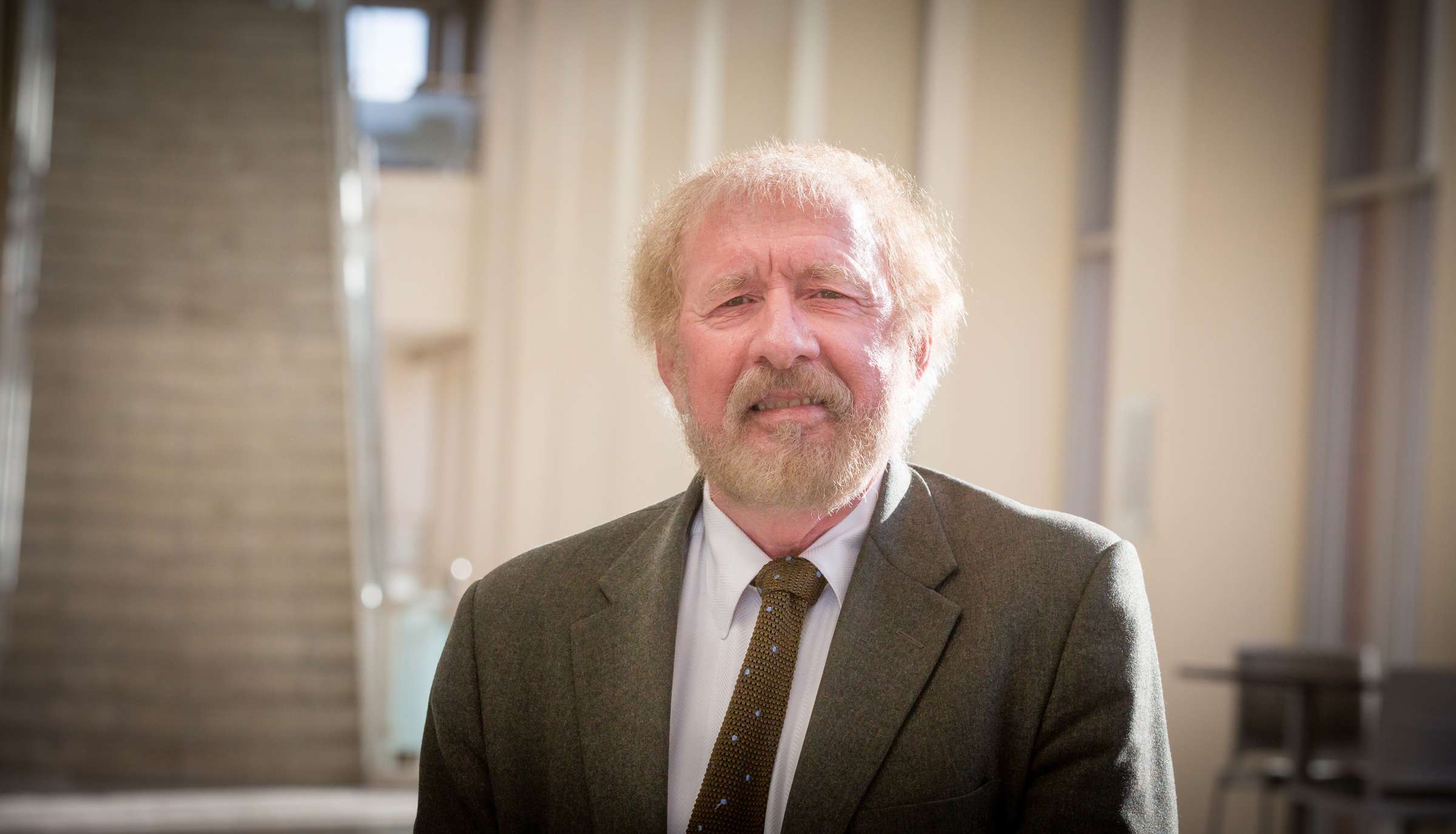
NICK GOSNELL
Hutch Post
HUTCHINSON, Kan. — For Creighton University economist Ernie Goss the news is not good as far as the trend of the overall economy.
"We're adding jobs, but unfortunately, productivity is down," Goss said. "When you put those together, the Atlanta Fed came out with their report, their look at the second quarter, which we just finished, they expect that number to come in negative. If that happens to be the case, that would be two consecutive quarters of negative GDP."
That is what most economists would call a recession.
"The inflation number is going to come down," Goss said. "The Federal Reserve is raising rates. They raised three quarters of a percent at their last meeting. They're going to raise rates again on July 27. It may be as high as three quarters of a percent again, then they are probably going to raise rates in September. That's slowing the overall economy, but inflation is still well above what most of us are getting in raises."
That productivity number, output per worker, hasn't been this low since 1947.
"Workers are standing around with these supply chain disruptions," Goss said. "They are waiting on inputs to come in to their company or they are waiting until transportation arrives to send outputs out. That's one of the real keys right now. We need to see those productivity numbers get better. We need to see supply chain disruptions get less."
That's why confidence among those Goss is surveying is particularly low looking out six months, as it may take at least that long to get the supply chain kinks worked out, even if we don't have another COVID spike in the fall and winter.



